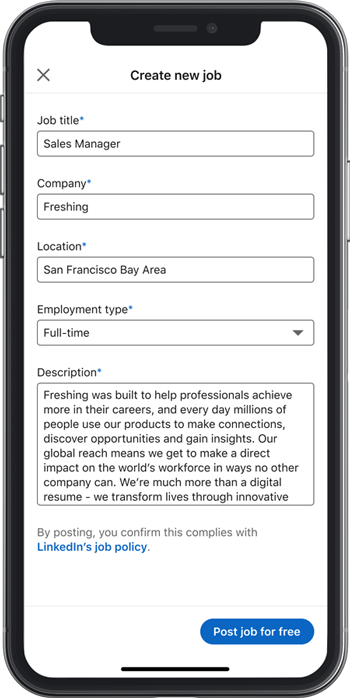When I was a brand spanking new recruiter right out of college something amazing would happen every single time we made a placement. Now, granted, this one in an agency environment, and we were kind of a small business, startup, but if we (not I, but anyone on the team) made a placement we celebrated!
Now, I’ve heard of TA shops where they ring a bell or play a song, or something like that. NO, I’m talking about closing down the office and popping a bottle of champagne that usually turned into other drinks, and coming to work the next morning with a slight headache, celebration! Doesn’t that seem crazy now, in the world we live in!? I know high-volume recruiters who are making 15 hires a week or more! That’s a lot of champagne!
It might not be popping bottles, but we should still be celebrating!
Let’s be honest. Currently, for almost all recruiters, we are on a treadmill and it doesn’t look like that treadmill is going to stop anytime soon! If there was ever a time to celebrate a hire, filling a position, it’s now! I had a TA leader tell me last week that she has never been more stressed in her career than she has been right now, and over the past 6-12 months. The job is non-stop, and not trying to sound too life-coachy but we have to stop and enjoy our successes!
So, what can we do to celebrate filling a position(s) on a daily, weekly, and/or monthly basis?
- Acknowledge those fills as a true success. Period. Because here is what happens. We start off a meeting by saying, “Hey, I just want to recognize Mary because she made four fills last week and that’s just awesome! Now, let’s talk about the 660 openings we still have open!” That is defeating. Try and separate the success conversation from the rest of the work conversation.
- Have a senior-level executive, above the hiring manager, send notes of thanks and encouragement. We many times feel like second-class citizens in recruiting. We hear the hiring managers and their bosses talk sh*t about us in meetings. It’s our fault that these positions aren’t getting filled and because of that, they are failing. Actually, it’s all of our fault, but they love using that excuse. If senior executives recognize and celebrate the successes of the recruiting team, it goes a long way. It goes even longer if they actually understand their role in this failure!
- Have a Hiring Manager who just had some great fills happen, come buy lunch for the recruiters. Yes, it’s the job of TA to fill jobs, but if you’re a hiring manager and you want great recruiting, recognize and thank your recruiters, often. It’s a super hard gig right now. They will appreciate you.
- Have the CEO send a company-wide note or video recognizing an individual recruiter who has gone above and beyond to get positions filled. Share the stories. Yes, this makes this one recruiter feel special, but it also signals to the company how important recruiting is right now for our entire success.
- Don’t allow you and your recruiting team to be victims or use victim phrases or behaviors. Yes, we are in a difficult spot, but we are here together, and the only way we’ll get out of this, will be together, as one. We support each other, always. We only talk about our team and the teammates on our team in positive ways. We help each other, unconditionally. In times of crisis, victim mentality kills recruiting teams faster than anything. I’m not asking you to be “Polly-Ann-ish”. I asking you to understand where you are and do not allow outside forces to pull you apart.
Also, ring the bell, buy cupcakes, take the team down to Dairy Queen for an hour, do crazy stuff that shows the organization that a hire was made, and goddammit, that is important to recognize and validate!
Recruiting is hard. Life is hard. What makes it all worth it, it to feel valued. Valued for who you are, and the work you do. To have some enjoyment amongst the chaos. To feel supported by peers, and support them back. It doesn’t take much, but it does take something.
Keep grinding out there people. I see you! And once is while, Pop a Bottle of Champagne and Celebrate!

